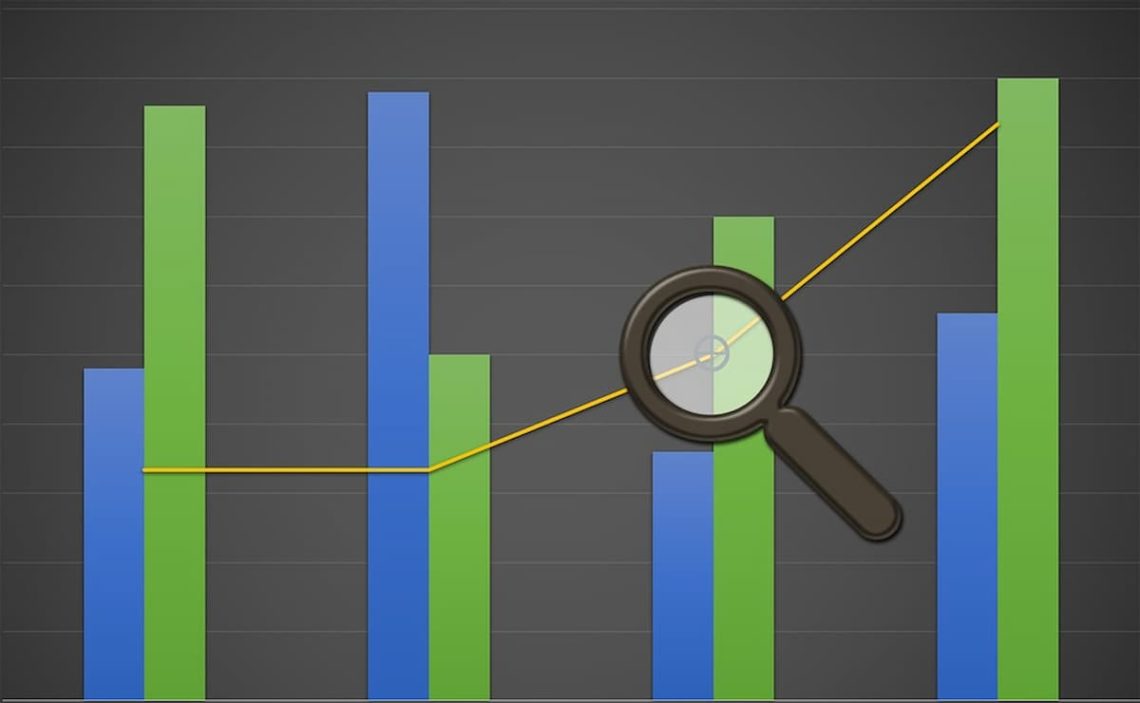Among the investment alternatives with more security is placing money in municipal bonds. Let’s understand better how they work and the main benefits of this type of investment.
Why choose municipal bonds?
There are different reasons why it is interesting to invest in municipal bonds. But probably one of the most relevant reasons is the fact of their taxation.
The comparison between a corporate bond and a municipal bond is often used as an example. While it is true that the yield of a corporate bond may be higher, it is no less true that the municipal bond is exempt from federal and state income taxes.
Let us imagine that we have placed our money in a corporate bond. This bond offers us a yield of 6% and will generate continuous interest over the years. However, in all cases, being corporate bonds, it is necessary to pay ordinary income tax on the money obtained. In other words, we have a tax liability to deal with.
Now let us imagine placing our money in a municipal bond. The bond offers us a lower yield, for example, 4%. Annually the profit we will get is lower than in the corporate one. However, in this case, we will not have to pay taxes: it is tax-exempt. Therefore, we will not owe any money to federal or state taxes.
Is a municipal bond always better?
It is not simple to say that a municipal bond is better than a state bond. The question concerns some factors, such as the taxable equivalent yield. To simplify: if your tax bracket is low, the corporate bond will be more interesting because the taxes will be lower. On the other hand, if your tax bracket is high, getting rid of that taxation through bonds with no tax impact (such as municipal bonds) may be more interesting.
However, this can also generate some problems and contradictions. One of the most frequent in recent years is placing part of our money in municipal bonds (tax-free) within tax-sheltered retirement plans. In this case, the operation does not make much sense.
So what should be taken into account? Even in the country’s highest tax brackets, income in retirement accounts or even 401(k) plans is often sheltered from the IRS. So, corporate returns will be a better option from a tax perspective for people in retirement. However, it may not be for a person in an active status with a common tax contribution.
Other benefits of municipal bonds
There are other benefits that we can attribute to tax bonds. One of them, and a very interesting one, is that they generally tend to be interpreted as fluctuating significantly less than assets such as stocks. That is especially true of short-duration bonds, where market fluctuations are hardly noticeable. Of course, bonds may fluctuate more at longer maturities. However, they will always be more stable than other assets, as we have indicated, certainly more stable than stocks.
On the other hand, we must never forget that investments in municipal bonds often directly relate to the investor’s life and social environment. When you invest in local municipal bonds of the city where you live, you establish an emotional connection that is difficult to obtain with other types of investments. Not surprisingly, these debt issues are intended to finance city improvements, among other purposes.
Of course, to all the above, we must add the fact of its characteristic as a product: a municipal bond is a product that obtains an economic benefit in a determined term. It is a much safer and more stable product than variable income products and similar.
What to do if I want to invest in municipal bonds?
There is no single way to invest in municipal bonds. You can find them on many exchange platforms that purchase the bonds directly from the issuing entities. There are also municipal bond mutual funds and, likewise, there are diversified ETFs on this type of bond.
Finally, buying the bond directly from the issuing entity is also possible; however, this is not always so simple. It is necessary to be attentive to the issues, the periods, and the amortization terms.
On the other hand, not all bonds offer the same yield. In addition to being a yield based on deposit maturities, it will also be influenced by factors such as the overall market, other bond issues, etc.
Journalist and historian. Writing content for the internet full time since 2009. He has collaborated and continues to collaborate in some of the main networks of blogs on economics and finance in Spain, Mexico and the United States among other countries, writing in both English and Spanish.
He specializes in content on personal finance management, insurance, savings, investment, etc., although he has written and supervised for other types of topics throughout his more than twelve years of experience in internet content.
Some samples of his work over the years in FinancialRed, Bolsa24, or Euribor.com.


